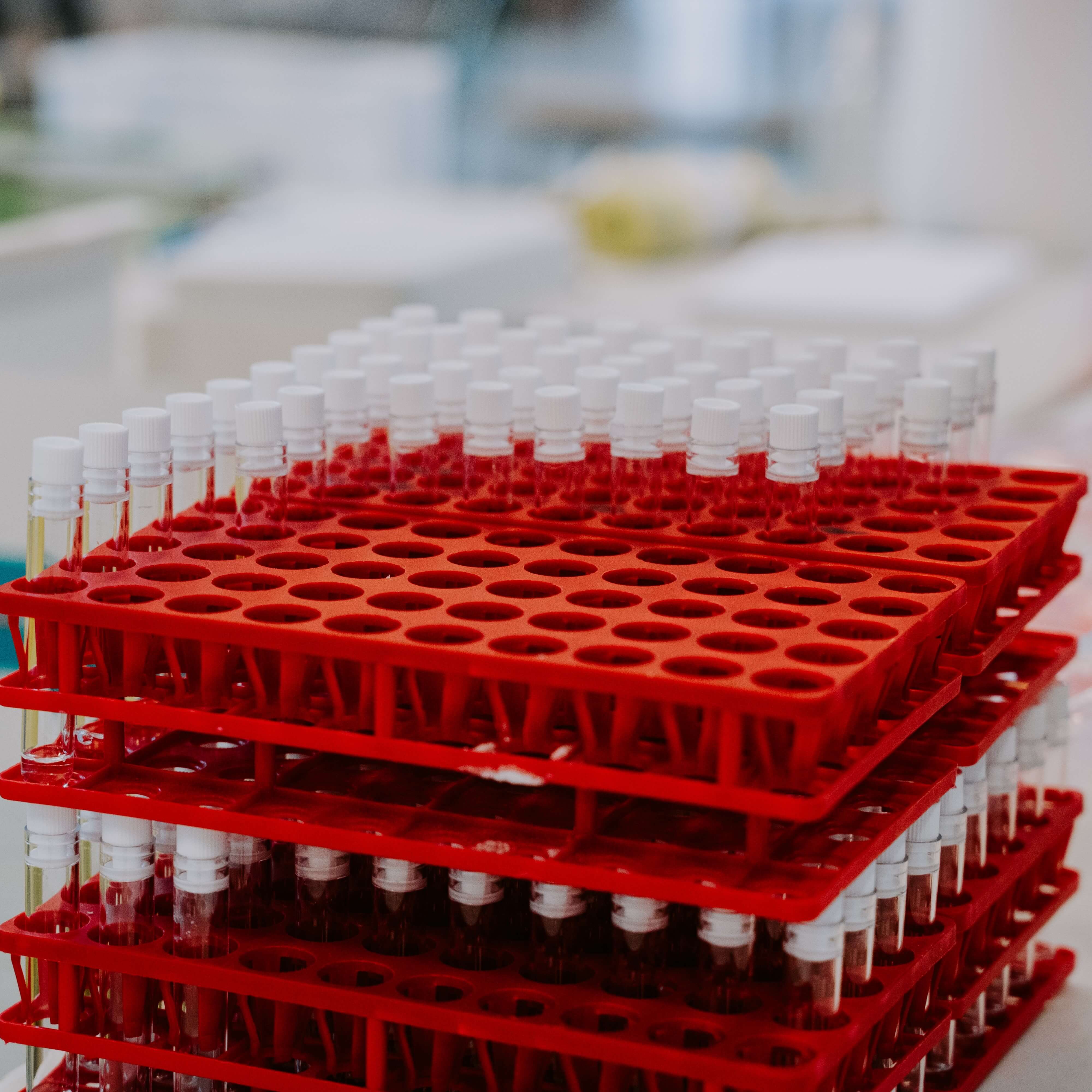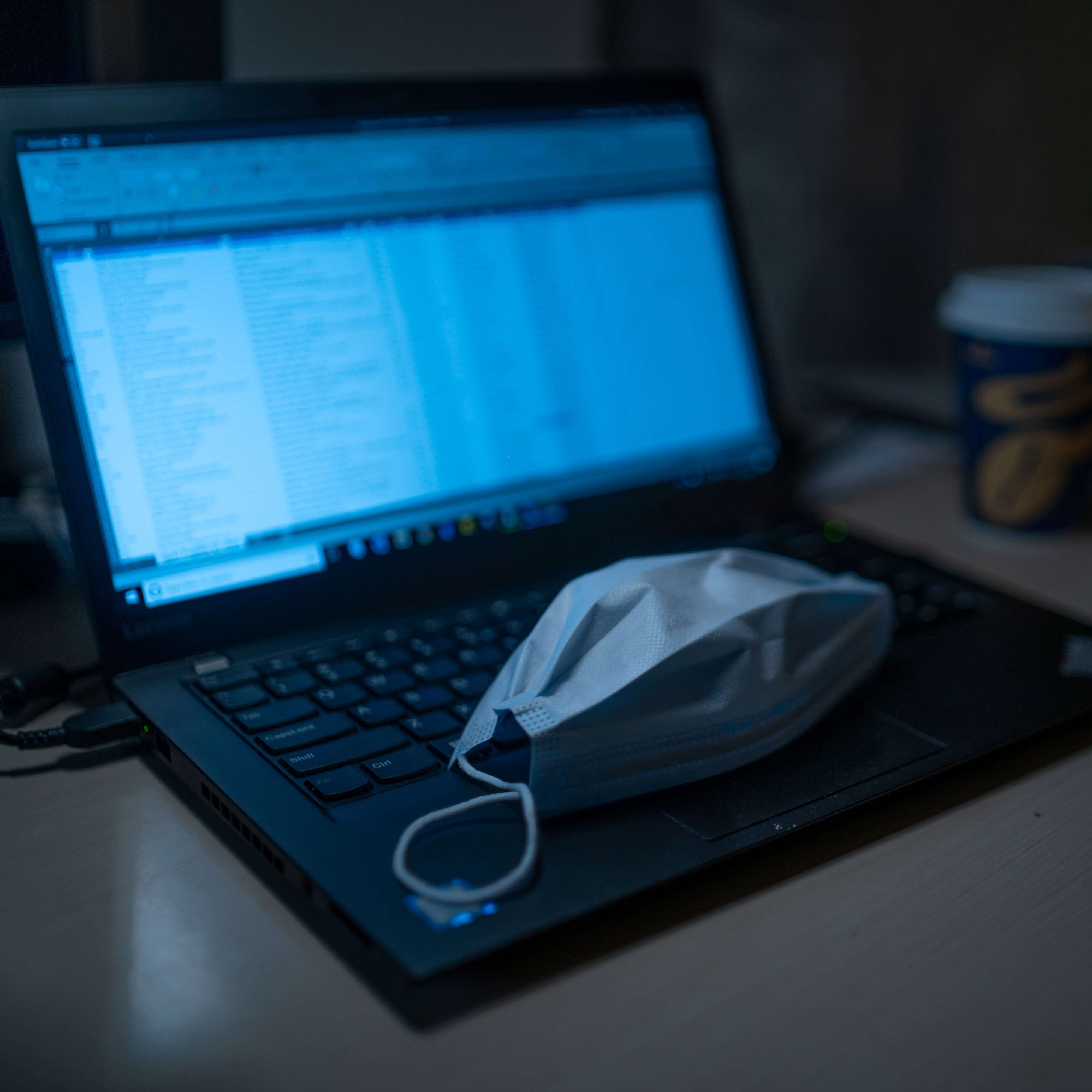
How Effective Are Rapid Covid-19 Tests
Rapid Covid-19 testing has emerged as a crucial diagnostic tool in the fight against the SARS-CoV-2 virus as the Covid-19 epidemic spreads around the globe. Also, people use the Covid-19 antibody test for measuring vaccine effectiveness, as it helps to understand whether one needs a booster dose or not.
Rapid tests, commonly referred to as point-of-care tests, are a practical choice for comprehensive testing since they may provide results in just a few minutes. Nevertheless, there has been debate over the effectiveness of rapid Covid-19 tests. If you are one of those in doubt, this article is for you! We’ll examine the accuracy of rapid Covid-19 testing and how they stack up against conventional laboratory examinations.
Let’s begin!
What are rapid lateral flow tests?
The RNA, or genetic material, of the virus, is what the rapid lateral flow tests look for in a sample collected from the patient's nose or throat. The sample is then put on a strip with antibodies that can bind to the RNA of the virus.
If the virus is present in the sample, it will bind to the antibodies on the strip, which will cause a visible change, indicating a positive test result. Rapid lateral flow tests are simple to perform and don't need expensive equipment or sophisticated lab space.
For instance, the Healgen Antigen Test and Flowflex Antigen Test may be performed in many locations, including at home, work, or a testing facility, making them a suitable choice when a prompt diagnosis is required.
How accurate are rapid covid tests?

The accuracy of rapid Covid-19 tests can vary depending on the type of test, the manufacturer, and the population being tested. Generally, these tests have a lower sensitivity than traditional laboratory tests such as PCR tests. Sensitivity is the ability of a test to identify individuals who have the virus correctly. A lower sensitivity means the test is more likely to give a false negative result, meaning that an infected person will test negative.
Conversely, rapid tests can have a high specificity. This implies it will identify people who are not infected and can safely return to normal activities. Additionally, specific rapid tests are approved for "at-home" usage, which involves using samples that the user collects themselves. This may reduce the test's accuracy since the sample may not be adequately obtained or contaminated.
Proofs of rapid covid test effectiveness
Several studies have shown the effectiveness of rapid Covid-19 tests. One study in the UK found a sensitivity of 86.3% and a specificity of 99.8% compared to PCR test effectiveness.
Rapid testing is often employed in workplaces, educational institutions, and other settings in many countries to detect viral infections and stop epidemics swiftly. For instance, Rapid testing is utilized in the UK, the US, and other nations to enable students and staff to resume in-person instruction. It is also used in many workplaces to stop the spread of viruses among staff members.
Rapid antigen testing has been suggested by WHO in a few circumstances, including resource-constrained settings, epidemic response, or population-based monitoring.



